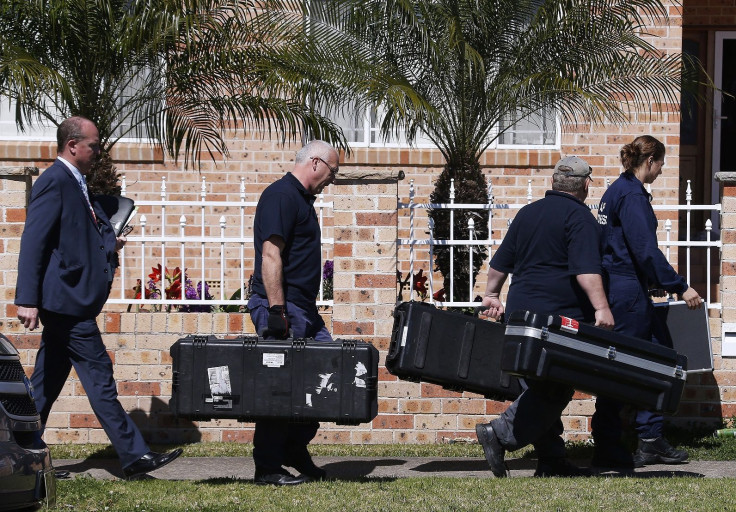AFP whistleblower says some Victorian police commit suicide

Australian Federal Police (AFP) whistleblower has revealed that some of his colleagues committed suicide because of their limited access to support services. The anonymous officer revealed the information after a recent incident, where a female AFP officer was killed by a gunshot. She was shot inside the Melbourne headquarters on Monday.
AFP Commissioner Andrew Colvin confirmed that the female officer's death was not accidental. He said that the police were still investigating the case and a report to the coroner will be prepared.
The whistleblower claimed that the incident was not the first AFP suicide in the past 12 months. He said that he was aware of two suicide incidents. He said that one of the officers was a returned international deployment officer while the other officer was one member who came close to suicide in Sydney.
The officer said that members who were exposed to traumatic situations were prone to extreme mental health and suicide risks. He cited that there was limited support or training on the right approach coping in the traumatic situation. He added that the AFP members were afraid to seek help due to the stigma around anxiety, depression and post traumatic stress disorder.
“There were a lot of instances where officers did forensic procedures after the Bali bombings where they collected men, women and children’s bodies; others were involved in the aftermath of the downing of MH370; transnational sexual slavery and servitude; some grade tens of thousands of child pornography images a day; others deal with terrorism," the whistleblower told News.com.au. He said that there were at least 10 to 15 officers who needed medical attention and were seeking treatment. He said that the AFP has ignored calls from members to improve support services.
Federal police denied the allegations of the whistleblower. It said that it provided all staff nationwide access to Employee Assistance Program (EAP) available 24 hours. In addition to EAP, AFP Wellbeing was also provided. Consulting medical officer, internal psychologists, chaplains, nurses, safety advisers and rehabilitation case managers were under the Wellbeing program.
"All Police and Protective Service Officers receive mental health training to assist them in dealing with members of the public and recognise warning signs within themselves and their colleagues," AFP said in a statement.
However, the whistleblower said that the EAP was ineffective due to limited access to appointments. He said that members who used the service could not guarantee that they would speak to the same person each time. It means that they would spend a large portion of the session rehashing the information being told to the previous person.





















